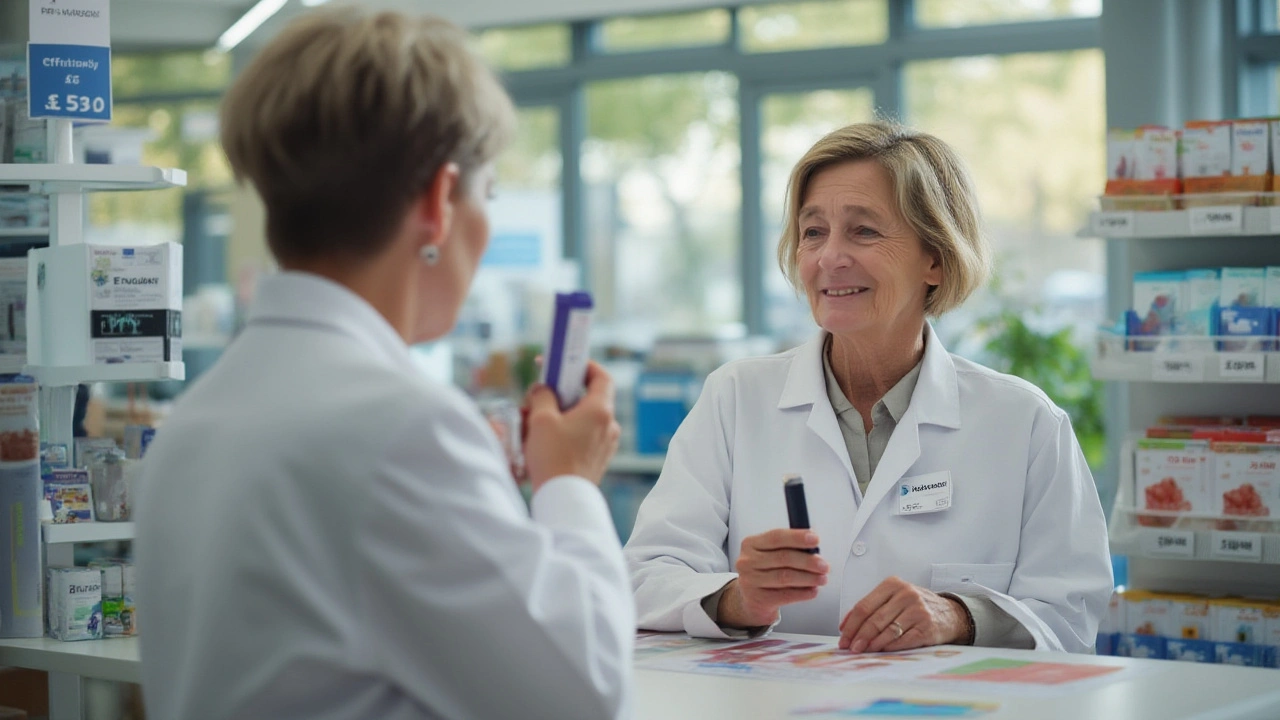Efficacy – Understanding How Well Medicines and Supplements Work
When you pick up a new medication or a trendy supplement, the first question on most people’s mind is: does it actually work? That’s what we call efficacy – the ability of a product to produce the desired result under ideal conditions. Knowing the difference between a claim and real proof can save you time, money, and health risks.
What Efficacy Actually Means
Efficacy isn’t just a fancy word marketers love. In medical research, it refers to the performance of a drug in controlled settings, like a clinical trial. If a study shows that 70% of participants feel relief after taking a medication, that drug’s efficacy is measured at 70% for that specific outcome. Real‑world use, called effectiveness, can be lower because people don’t follow strict dosing or have other health issues.
Take Zyrtec (cetirizine) for allergies. Clinical trials report high efficacy in blocking histamine, which means most volunteers notice fewer sneezes. But if you skip the dose or mix it with alcohol, you might not feel the same benefit. The same idea applies to supplements like black raspberry extract – researchers may show promising antioxidant activity, yet you need the right dose and quality product to see any real impact.
Practical Ways to Check Efficacy
1. Look for peer‑reviewed studies. Reliable evidence usually appears in medical journals, not just blog posts. Search for the drug name plus “clinical trial” or “randomized controlled trial.”
2. Check the sample size. Bigger studies give more trustworthy results. A trial with 10,000 patients carries more weight than one with 30.
3. Read the endpoint. Researchers define what success looks like – lower blood sugar, fewer allergy attacks, or reduced pain. Make sure the endpoint matches what you need.
4. Consider the population. A study on adults may not apply to kids or seniors. If you’re buying Metformin for diabetes, confirm the research included people with a similar health profile.
5. Watch for side‑effects. High efficacy with severe side‑effects might not be worth it. For instance, Imodium (loperamide) works well for diarrhea, but taking too much can cause serious heart issues.
6. Look beyond the label. Products sold online can vary in quality. Trusted pharmacies verify that the drug meets regulatory standards, which is essential for achieving the efficacy shown in studies.
7. Ask your healthcare professional. Doctors and pharmacists can interpret the data for you, especially when you’re juggling multiple meds like Sitagliptin, Metformin, or Lamisil.
Using these steps, you can separate hype from real benefit. If a supplement claims to boost immunity but lacks human trials, treat it with caution. If a drug like Atacand (candesartan) has solid trial data showing blood‑pressure reduction, you can feel more confident about its expected performance.
Remember, efficacy is just one piece of the puzzle. Your own health condition, other medications, and lifestyle all influence the final outcome. Always start with a clear goal, check the evidence, and talk to a professional before adding anything new to your regimen.
- Celeste Farnell
- 22-07-25
- Health & Medicine
Breo vs Symbicort: Comparing Costs, Efficacy & Dosing for Asthma in 2025
Find out if Breo or Symbicort gives more bang for your buck in 2025. Learn which inhaler works best, how dosing compares, and what each will cost you over a year.
Details